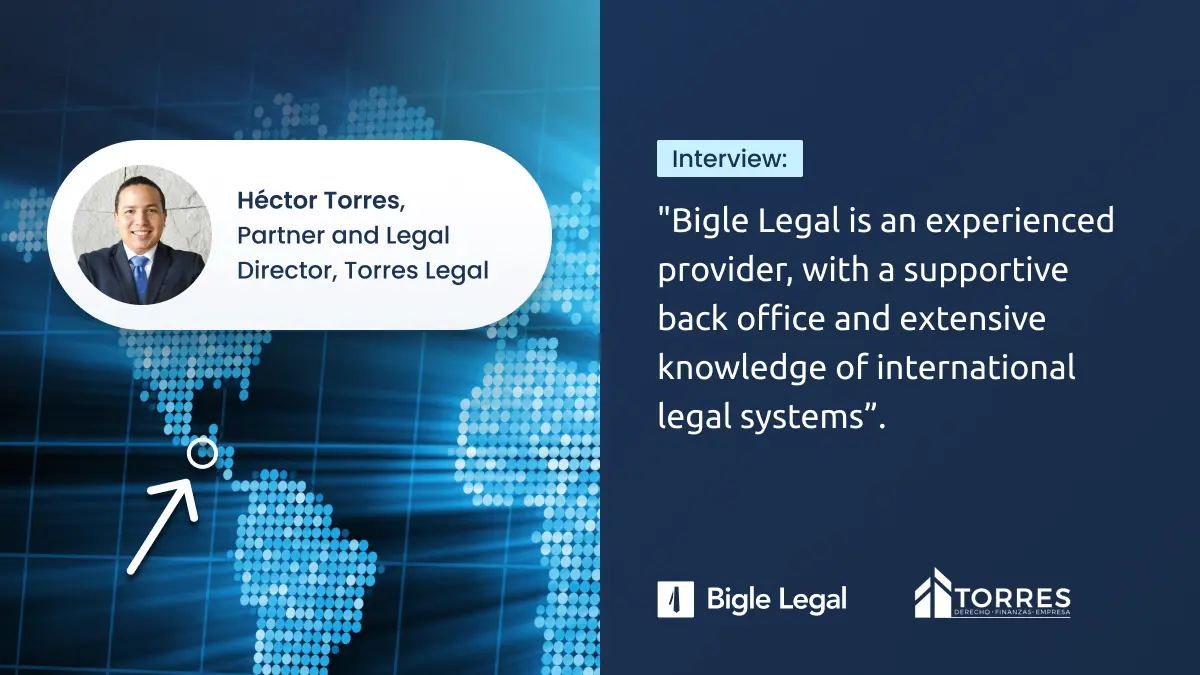Digital document archiving: The game-changer
Hard paper and physical documents are becoming increasingly obsolete in almost all the workspaces that depend on them. Including law firms and legal departments that operate heavily on generating documents and contracts. What is happening is that all these professionals are shifting towards digital documents and digital contracts that are bringing more convenience and accessibility.
This article is also available in Spanish
The old era of physical document management and document archiving: large rooms full of files, dedicated filing personnel, long labor hours, analyzing documents, and the constant risk of any type of human error associated with the process, has inevitably evolved.
Even though the adoption rate has been slow, the digitalization of documents is a true game-changer in our modern workspace, let us look more into that.
Check out: On-premises bites the dust
How was document management done in the past and how is it done now
In the days before digitization, good document management was essential for the good organization and administration of documents in any company, and even though it was expensive and hard to maintain, it was always a necessity. This way document management can be defined as a set of techniques and practices that are used by the organization to organize, classify, and store documents used by the company.
Apart from the massive physical spaces that were dedicated to storing these documents, these types of activities were carried out mainly by specialists, librarians, and experienced personnel. Those who were in charge of archiving were responsible for storing the documents in a logical and organized way to be able to quickly find them and review them at any time they were needed. However, this process took hours or days to get each request done in-spite of the fact that it was a process heavily invested in.
Today, thanks to information technology, document management has evolved towards the digitization of large volumes of files and the creation of digital libraries and databases. That meant, no more storage spaces, no more time-wasting, no more mess, and on top of all, no more paper!
To the point, now, where artificial intelligence can even be applied to classify and sort a large number of documents by itself and display it in an organized manner whenever it is looked for, without getting even close to dispensing any human component.
After the simple fact of storing large amounts of information; The next step in this evolution of documents was that you can now even automate document management and document creation so that it is much easier to not only store and sort the documents but to even create it, sign it and share from within just one single device, your laptop.
Even Artificial intelligence also plays a big role in this as it is also able to read the documents, specify what it is about, pinpoint the elements of it, and finds it within milliseconds when asked for.
Let us dig deeper and find out how modern document management work.
So, how does automation software work?
A legal contract consists of different parts:
Read about: The definitive guide of Legal contract management
The information that represents the identification of the document (for example, the names and details of the parties, or the places where the signatures go).
The information that consists of variable text where any type goes of information that varies according to the document, for example, prices, names, and addresses,
And there is also the conditional text field that will contain the legal clauses that appear depending on the case.
So, for the document to be automated, the user must fill in different fields that will be represented as questions: for example, the name of the seller, what is the date of birth, if they want to enter any clause, the address. In fact, document automation transforms a legal worksheet into a questionnaire based on question fields that the user will fill out.
This digitization of documents changed the pace of businesses because it is now easier to create documents, while at the same time, having the location of information centralized. This allowed documents to be created and indexed easily. Above all, it allows easy access and it also eliminates much of the human error associated with the transcription of legal documents.
This all has inevitably saved many companies vast amounts of money and hundreds of workload hours, while helped many companies by more environmentally conscious.
What is a Document Management Software (DMS)?
A document management software (DMS) is a type of software that allows us to record all changes made to documents and save them on company and cloud servers. So that they can be easily accessed from any device or terminal. In addition, this type of software allows us to keep a record of the changes made by the document and to audit them so that no person can overwrite important information without the necessary authorization.
One of the advantages of digital files is that they allow us to have the information stored on a server or cloud, which can be accessed by multiple people. However, this system leaves a record of those responsible for modifying the documents in such a way that strict control can be carried out.
The main advantage of document management and automation.
Check out: What is document automation? and why is it important for your business?
It allows the search and access to documents easily and quickly from any terminal.
You can filter the information by fields so that you only restrict the search for documents to what is of interest at the moment.
Significantly reduces human error in manual data entry.
Improves team collaboration because everyone can monitor project progress in real-time
Documents can be audited so that you know who completed the tasks when they did so that everything is recorded.
How Bigle Legal does it?
It is a document automation software that allows you to automate your templates, create new documents, review and share, digital signatures, save and manage. The perfect solution in terms of document automation engines for your business, for example: real estate, corporations, offices and notaries.
Beyond eliminating the need for a trained lawyer, Bigle Legal's document automation software optimizes their functions since instead of spending hours and hours editing templates, searching among which documents to cut to edit, in turn , the document of the case in question. With the software, they will be able to do it quickly, saving time to be invested in other cases. So the need for the lawyer is not eliminated at all, he is simply allowed to be much more effective through the use of a technological tool.
Bigle Legal's software features
Automatic text transformations for example can transform numbers to letters.
Automatically change plurals including gender.
Allows auto numerical calculations.
It enables the electronic signature from a remote location and with full legal validity.
With Bigle Legal you can categorize your documents, according to common criteria and based on their similarities.
Want to know more? Learn more about Bigle Legal's CLM with its next-generation document automation.
 By
By




